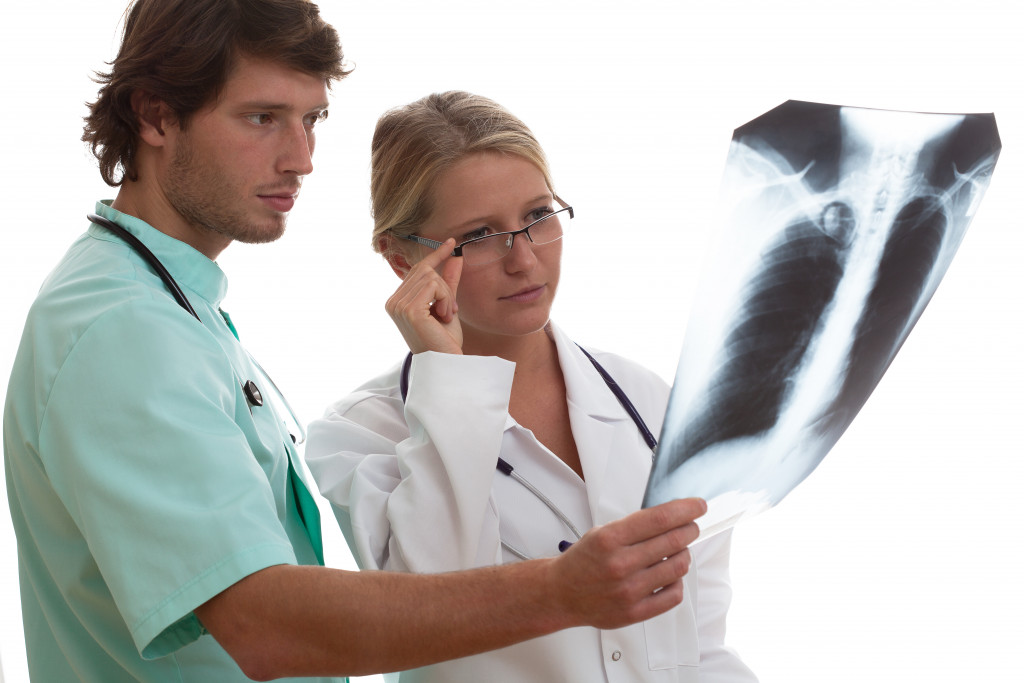A physical exam is one of the essential things to ensure optimum health. Although a routine physical exam does not have any absolutes, a skilled doctor will check your health condition thoroughly. They will listen closely to your concerns and give you counseling regarding your specific issues and risk factors.
What should you expect during annual physical exams?
History
Take this chance to explain your past experiences. Do not be shy and tell your doctor your concerns and complaints about your health. Your doctor will most likely ask you about your lifestyle. Do you smoke? Do you consume too much alcohol? Check your sexual status, your diet, and if you are engaged in physical exercises.
Your doctor might also ask for your vaccination history or status. Next, they will update your family and personal medical history.
Vital Signs
Your doctor will also check for your vital signs. These are some examples of your crucial signs that your doctor will check:
- Heart Rate — The values considered normal when it comes to heart rate are 60 to 100. But some healthy people have slower heart rates than 60.
- Blood Pressure — The normal blood pressure for a healthy person is less than 120 over less than 80. 130 over 80 or even higher will be diagnosed with high blood pressure or hypertension.
- Temperature — The average temperature is 98.6 degrees Fahrenheit. But some healthy people have an average temperature that is slightly lower or higher than that.
- Respiration Rate — The average respiration rate for a healthy person or adult is 12 – 16 breaths per minute. A person with a respiration rate higher than 20 per minute will be suggested with lung or even heart problems.
Relatively, it would be ideal to get a physical exam first before receiving a covid-19 vaccine. Even though there are clinical trials for COVID-19 vaccines, some of them can still be harmful to people with health issues.
General Appearance
During your conversation with the doctor, they can already determine your general health status by observing you.
They are observing little things about your behavior, too, such as checking your mental quickness, the status of your memory, is your skin healthy? Do you have any problems in standing, sitting, or even walking? They can gain a lot of information.
Lung Exams
Your doctor will use a stethoscope to examine your lungs. They will listen for wheezes, crackles, or if there are decreased breathing sounds. They will know if you have possible heart or lung illness by listening to sound clues.

Heart Exams
Doctors will use a stethoscope to examine your heart and find possible heart illnesses or problems such as heart murmur, irregular heartbeat, and heart diseases.
Head and Neck Exams
Your doctor might ask you to look up and say “ah” to show your tonsils and throat. They will also check your gums and teeth to know if you have other illnesses. They might also examine your nose, ears, eyes, sinuses, lymph nodes, carotid arteries, and thyroid.
Neurological Exams
Your doctor will examine your muscle strength, nerves, mental state, balance, and reflexes to check if you have issues.
Dermatological Exams
Your doctor will check your skin and nails that could indicate other dermatological diseases or problems in other parts of your body.
Extremities Exam
In an extremities exam, the doctor will examine your physical and sensory changes. They will also check pulses in your arms and legs and your joints for abnormalities.
Physical Exam for Males
These are the possible physical exams for males:
- Testicular Exam — The doctor will check your testicles for tenderness, lumps, or size changes. Many men diagnosed with testicular cancer notice that their testicular gland has changed its size before they go to the doctor.
- Penis Exam — The doctor will examine your penis to see if you have symptoms of Sexually transmitted diseases or infections, such as ulcers in the penis or warts.
- Hernia Exam — The doctor might ask you to turn your head and cough to see if you have abdominal wall weaknesses between the scrotum and intestines.
- Prostate Exam — The doctor will insert a finger into the rectum to see if there are problems in your prostate’s size or other possible areas.
Physical Exam for Females
These are the possible physical exams for females:
- Pelvic Exams — A pelvic exam includes an examination of the vagina, vulva, cervix, ovaries, and uterus. The doctor will examine if you have sexually transmitted diseases or infections. The doctor might also look for possible cervical cancer and assess risk factors with an HPV test and Pap test.
- Breast Exams — The doctor will check for abnormal lumps that could indicate benign breast tissue or breast cancer. They will also look for visual problems in the breasts and nipples and check the lymph nodes under your arm.
These are what you should expect if you are planning on getting a physical exam. You might think that it’s too much, but remember that these are all for your health.